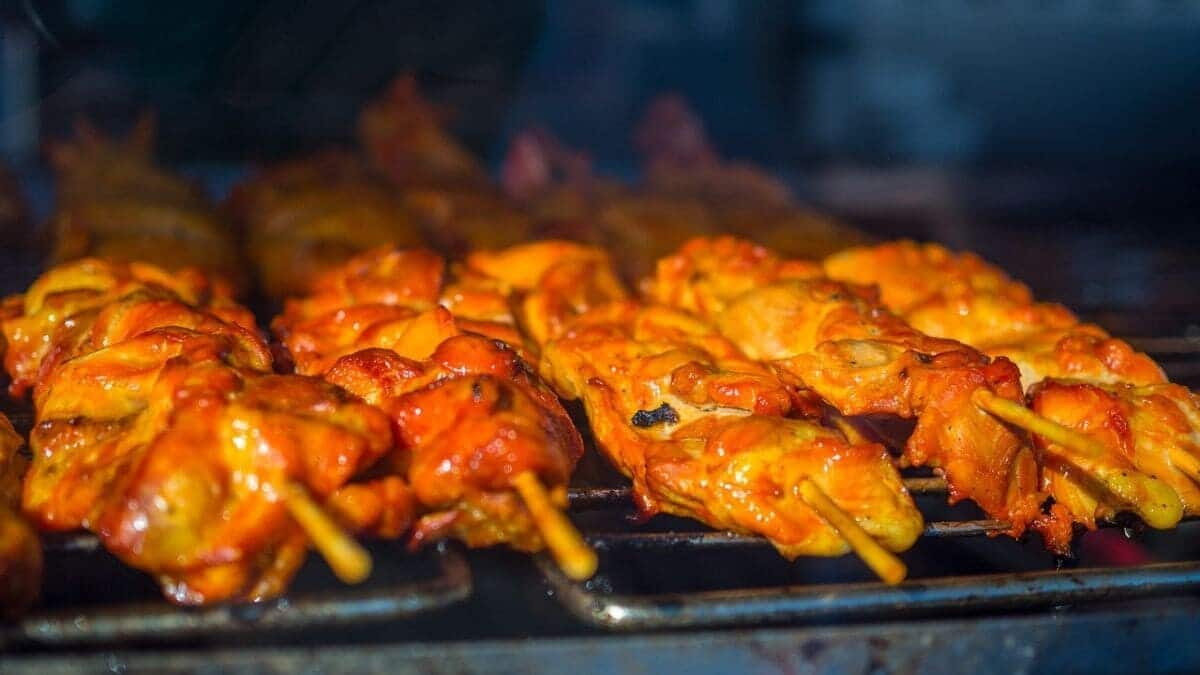
Why Karnataka government banned artificial food colors in kebabs
What's the story
In a bid to improve food safety and public health, the Karnataka government has prohibited the use of artificial food colors in various dishes including kebabs, fish, and vegetarian meals.
This decision was triggered by rising health concerns and increased awareness about the risks associated with synthetic additives.
The ban was announced by the Karnataka Health Department following media reports and public complaints about poor quality kebabs sold across the state due to artificial coloring.
Food safety
Health department finds contaminated kebab samples
The health authorities tested 39 kebab samples from various locations across the state.
The results revealed that eight of these samples were contaminated with artificial colours, making them unsafe for consumption.
Specifically, seven samples contained sunset yellow, an orange-yellow dye commonly used in food items, while one sample had both sunset yellow and carmoisine, a red food dye.
Legal consequences
Severe penalties for violating artificial colour ban
The Karnataka Health Department has warned that "such additives, as per the Food Safety and Standards Act, 2006, and the Food Safety and Standards (Food Products Standards and Food Additives) Regulations, 2011, pose serious health risks to consumers."
Violations of this ban could lead to severe penalties including imprisonment ranging from seven years to life and fines up to ₹10 lakh.
The department is committed to enforcing these regulations for the safety of consumers.
Health concerns
Health risks associated with artificial food colours
Artificial food dyes, originally developed in 1856 from coal tar and now primarily derived from petroleum, are designed to enhance the appearance of food. However, many have been found to be toxic.
Dr Charu Dua, Chief Clinical Nutritionist at Amrita Hospital Faridabad, stated that "Excessive use of food colouring can be harmful, even within permitted limits."
A study published in the Environmental Health Perspectives journal also indicated that sunset yellow and three other commonly used dyes could cause allergic reactions.
Regulatory measures
Previous bans and guidelines on artificial food colours
Earlier this year, the Karnataka government banned artificial colours in edible items such as Gobi Manchurian and cotton candy after carcinogenic additives Rhodamine-B and Tartrazine were found.
The Food Safety and Standards Authority of India (FSSAI) has set guidelines stating that the final concentration of synthetic food colorants should not exceed 100 ppm in foods and beverages.
These measures are part of ongoing efforts to ensure food safety for consumers across the state.